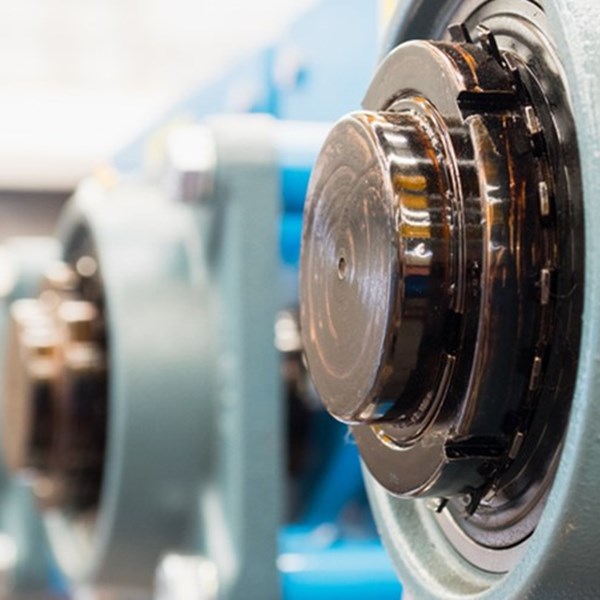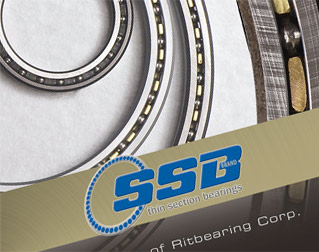The right bearing lubricant can be the different between a long lifespan for your part and some serious issues for your applications. When using the wrong lubrication can destroy your bearings and create costly downtime, it's important to make sure you have the right information to properly lubricate your thin section bearings and other parts. This means that it's time to dispel some bearing lubrication myths that you shouldn't trust.
Myth No. 1: All Lubricants are the Same
This is not true in the slightest. There are many different types of bearing lubricants. Each one of these options features different benefits that can greatly impact its success in certain applications and environments. These include:
- Grease lubricants
- Oil lubricants
- Solid lubricants
- Graphite
- Specialized plating
Another reason why you shouldn't consider all lubricants to be the same is that some lubrication types don't mix well with others. Certain lubricants are simply not compatible with others, which can lead them thinning or thickening if you try to replace your bearing lubrication without checking what was used before. This can result in more wear and tear for your bearings. However, there are some types of lubricants that pair well together, such as oil and solid lubricants.
Myth No. 2: Re-Lubrication Happens Once a Year
Every case is different, but there's a good chance that you should re-lubricate your bearings more than once each year. There are a few factors that can impact your re-lubrication schedule, such as the overall use of your bearings the application environment. It's not uncommon for heavy use and harsh elements could mean that you should re-lubricate once a week, while lightly-used parts in ideal conditions may only require annual reapplication. The biggest factor is that you have a regular re-lubrication schedule no matter how long it takes between dates.
Myth No. 3: You Can Store Bearing Lubrication Anywhere
Not exactly. Lubricants can be easily contaminated, so any storage area with dirt, dust, or other similar substances can ruin your product. Contaminated lubrication is bad for business, so you'll want to store bearing lubrication in a dry, cool, and clean space where containers can be rotated and used on a first-in, first-out basis.
Use Proper Lubrication for Your Bearings
A good lubricant can help your applications run smoothly for a long time. Of course, the right bearing lubrication isn't the only piece to the puzzle. It's important to find the right bearings along with proper lubrication.
As a premier thin section bearing supplier, Slim Section Bearings can help you find the right parts for your applications, as well as which lubricants are best suited for your needs. Contact us today to talk to our experts about your bearing needs.







